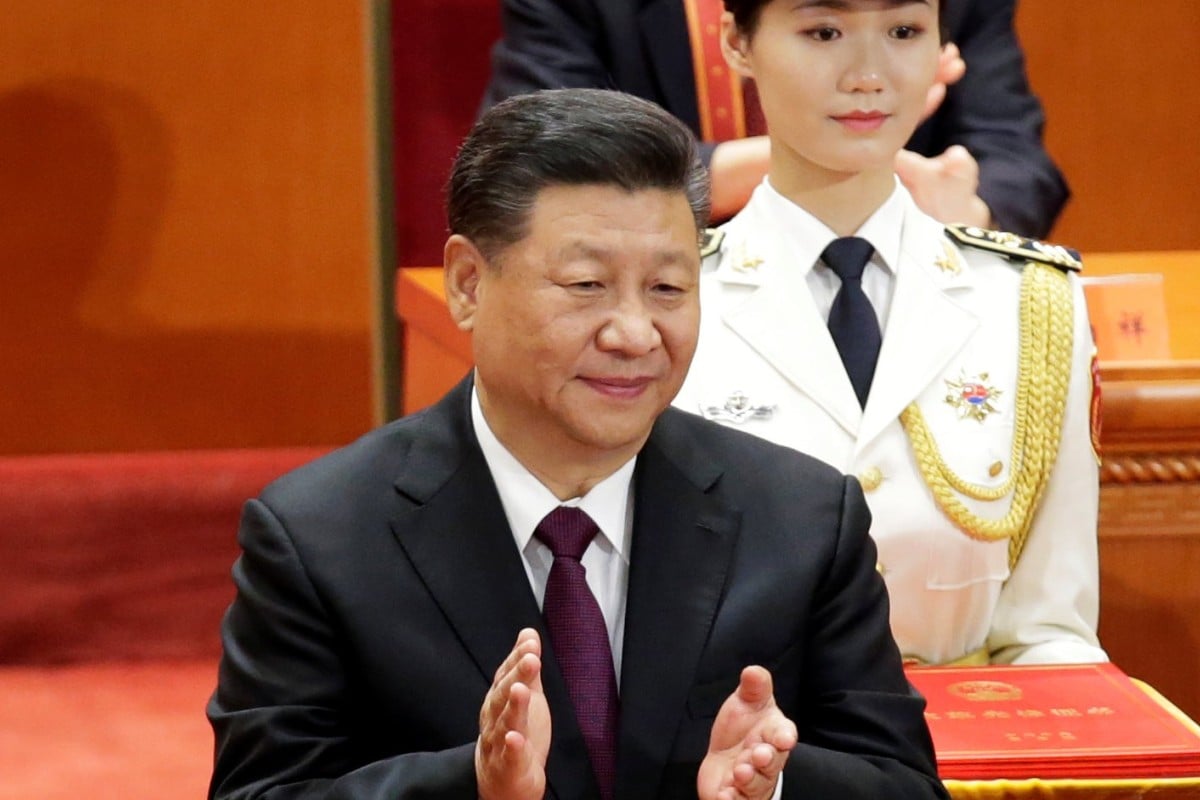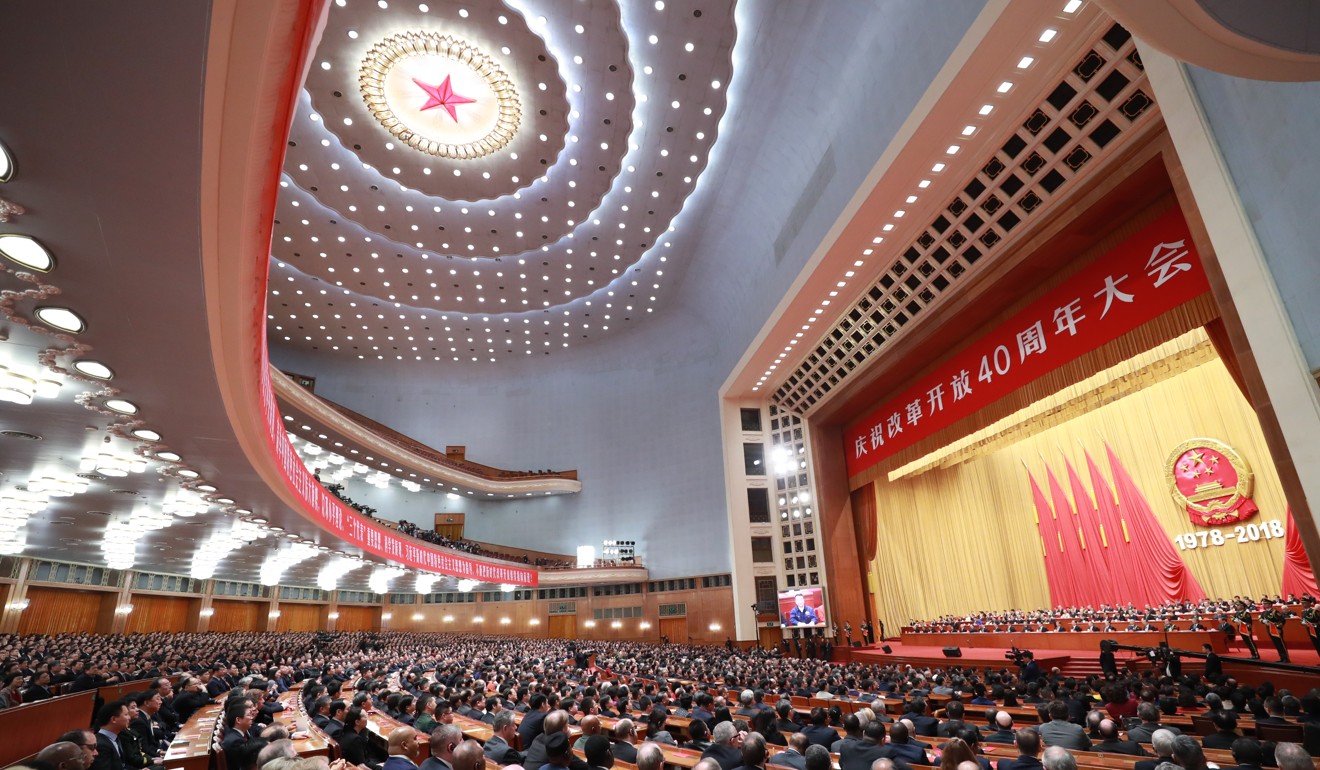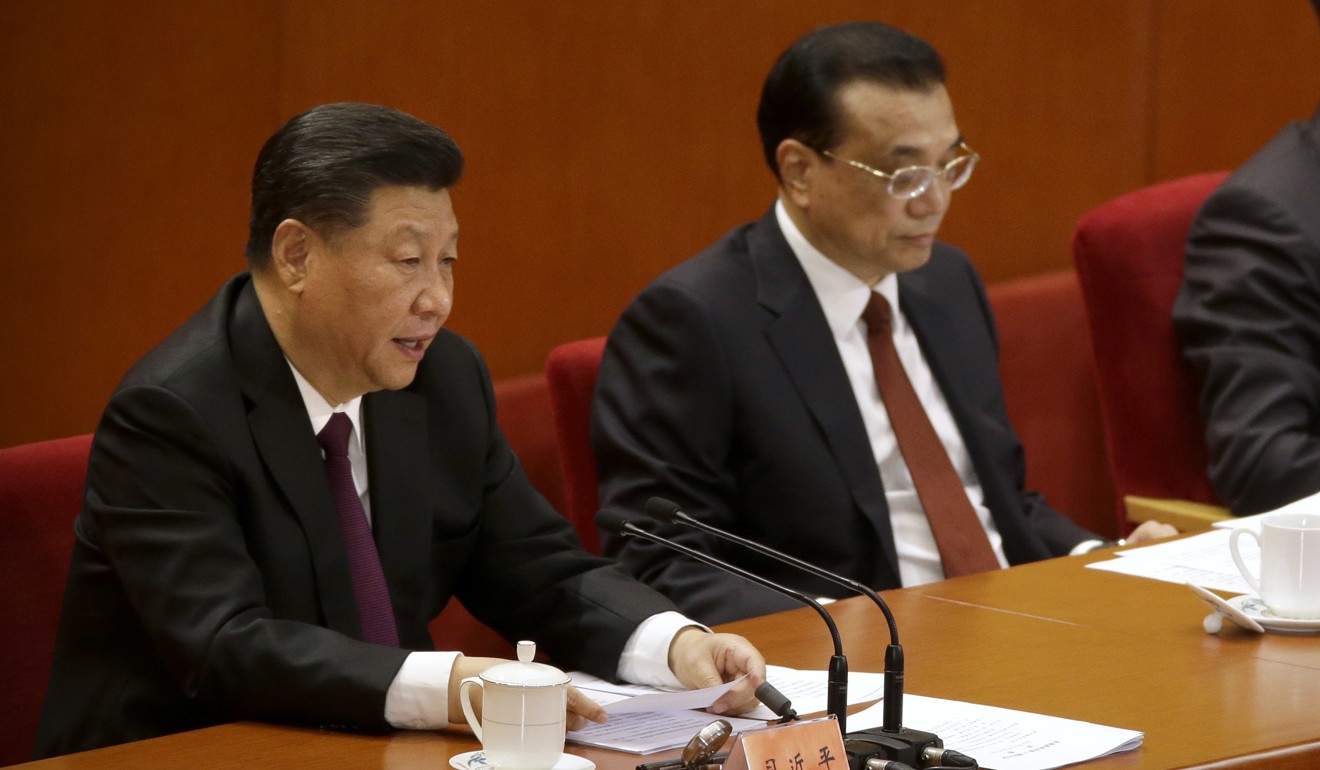https://youtu.be/hASoHG1gDcs
https://youtu.be/bbtVTlZW_g0 https://youtu.be/PCpch4DOIdE https://youtu.be/mSuuYbO3C-U
https://youtu.be/cwQZPK41j8k
https://youtu.be/bbtVTlZW_g0 https://youtu.be/PCpch4DOIdE https://youtu.be/mSuuYbO3C-U
https://youtu.be/cwQZPK41j8k
US Justice Department officials issued indictments on two Chinese nationals who allegedly stole, "in association with" the Chinese Ministry of State Security (MSS), vast amounts of confidential data from at least 45 US tech companies and government agencies over the past ten years.
Zhu Hua and Zhang Shilong were charged with three counts each of computer hacking, conspiracy to commit wire fraud, and aggravated identity theft. According to the indictment, the two men targeted and "stole hundreds of gigabytes of sensitive data" in aviation, space and satellite technology, manufacturing, pharmaceutical, and oil and gas exploration, as well as from communications and computer processing firms and maritime technology companies. The indictment also said the hackers stole personal information on more than 100,000 US Navy personnel.
The indictment claimed the two men were part of the hacking unit, and worked for a company called Huaying Haitai, in association with the Chinese MSS.
This most recent charge is part of the unprecedented prosecutorial efforts aimed at so-called "Chinese government-backed hacking," and serves as an accurate reflection of the escalated attacks against China that have been carried out by the US through legal mechanisms. The indictment refers to specific individuals, which is actually misleading as it suggests the US has evidence worthy of an indictment against China. But the logical fallacies tucked inside the allegations will not prevent outsiders from thinking that the move was nothing more than a carefully constructed effort motivated by political purposes.
It is unknown if the two Chinese nationals in question, and the company they worked for, have hacked anything at all, let alone US corporations and institutions. However, it is an over-exaggeration to say the alleged hackers are so "omnipotent" that they can pilfer anything they desire from key American sectors. Are they capable of doing so in the real world?
Supposing, as the US DoJ indictment states, that hackers could get whatever they wanted through internet channels, where one or two individuals could steal technology developed by thousands of researchers, then the world's most profitable sector would be the hacking industry. Computer hackers would have the ability to take down pirates and drug-trafficking enterprises, as well as the top companies in innovation. They would be immune to any kind of legislation. If this really were the case, the best hackers would undoubtedly come from the US and other Western countries as they are most developed in the world.
The US government initially claimed that China's hacking efforts have so far cost the US hundreds of billions of dollars annually, a preposterous claim from any vantage point. To begin with, and assuming China is so powerful that it has stolen technological information for over a decade that is supposedly worth over a trillion in intellectual property, as the US has indicated, then how is it that China still lags behind the US in so many fields, from chips to electric vehicles, and even aviation engines?
Since the US has been combating hackers for such an extended period, then how is it that some are able to do whatever they want? If American institutions had such fragile cyber systems, then nothing would be worth stealing.
The bias here is rooted in such strong cultural arrogance that some American elites are now convinced that China's rapid growth could not have happened without first stealing US technology. After failing to find such Chinese cyberspies, US officials amplified concerns by publicly claiming that Chinese scholars and college students in the US were indeed engaged in some level of espionage. Now, these same people whimsically believe that Chinese hackers have an important role on the internet when it comes to US intellectual property theft.
Nobody knows how many hackers are in China, but there isn't one Chinese citizen who believes that a few online game masters, who could also be cyber thieves, are the true pioneers behind China's technology modernization. After all, officials from China's security sector are not that stupid or naïve.
It would be farcical in nature to pair cybersecurity authorities with gaming experts, especially when taking into account the Chinese system. Security officials do not blithely categorize gaming experts, while disregarding Sino-US relations, accusing them of stealing critical foreign technology from a variety of industries, the way a burglar would break into a department store.
Those security officials simply do not exist, who are technology experts that can create a complex system serving the needs of companies in all industries while effectively manipulating would-be hackers with ease. There is not an entity on the planet that would take such a risk when network security is one of the most sensitive issues between China and the US.
The US allegations against China are practically hysterical all by themselves. This latest round shows the US attack on China has become more comprehensive, which could see more of China's government agencies getting involved. Actually, it is inevitable. Therefore, instead of adhering to a low profile strategy, China must face these provocations from the US and do more to safeguard national interests.
In recent months, the US has taken provocative action, like sanctioning senior-ranking PLA generals, ordering their allies to arrest Huawei executives, to prosecuting and extraditing so-called "Chinese spies," and signing Tibet-related bills.
China needs to reflect upon the previous passivity that it has shown and respond proactively. China is a country that loves peace and always pursues gentle action. However, now is the time for China to consider new countermeasures against nations who have done nothing but pour dirty water on the country's basins. - Global Times.
Related:
https://youtu.be/7_rD45EpUAE
Related posts:
Photo: VCG China’s business people,
researchers, scholars say they ‘feel the chill’ in US Growing China-US
tensions have affected te...
https://youtu.be/pSHOSumep9E https://youtu.be/4fJKlEyEOEg https://youtu.be/N5Ta_RhsXYY American economist Jeffrey D. Sachs says
https://youtu.be/pSHOSumep9E https://youtu.be/4fJKlEyEOEg https://youtu.be/N5Ta_RhsXYY American economist Jeffrey D. Sachs says
4 https://youtu.be/03D-0uDOj_c
https://youtu.be/N8IyDSrMY3w The arrest of a top Huawei executive may
spark a conflict that could cr...
https://youtu.be/0fDUgBJ8yfY
https://youtu.be/0jnDXocDmRo http://sh-meet.bigpixel.cn/?
from=groupmessage& isappinstalled=0 .
https://youtu.be/N8IyDSrMY3w By
Kimberly Amadeo Updated October 28, 2018 A dollar collapse is
when the value of the U.S.....
https://youtu.be/jNJU98b4lzI
https://youtu.be/Jwer8mGvM-Q https://youtu.be/dFnu-SP9mLU Malaysia
takes Goldman Sachs to court with...













